The Altus
The ability to use magic is contained in an organ known as the altus, which is located at the base of the skull just under the brain. It is present in all sapient species, though, notably, dragons possess two side by side. On extremely rare occasions, a person can be born lacking an altus, which prevents the development of magical ability.
Autopsies show that people who use magic regularly have more connections between the altus and the brain; in the autopsy of one prolific magic user, it was found that the altus and the brain had become impossible to separate.
Hormones during pregnancy suppress the energy-converting function of the altus. Many cultures in which magic is common place use the inability to use it as an early indicator of pregnancy, even if they do not understand why it happens.
Eat this. You'll feel better.— A helpful medic
Using energy from the self is safer and much more commonplace, as this method is easier to control and to judge when too much energy has been expended. One of the most common sources of this is the energy gained from digesting food, especially those rich in carbohydrates. The sugars absorbed into the bloodstream can be directed to the altus as needed. It is, of course, possible to overuse this energy, but the biological warning signs are blatant enough that even novices can recognise them. Fatigue is the first sign, followed by a dull ache at the back of the head. This is followed by hunger that slowly becomes more acute and harder to ignore. If these signs are disregarded, the continued use of magic will lead to a loss of consciousness or, for more intensive magic, death.
Taking energy from the environment feels easier, but it also takes a measure of energy from the self to control. The most common sources of environmental energy are kinetic and thermal, though there are plenty of other examples. Some people can channel the energy produced by plants via photosynthesis, or even from other living creatures. Due to it feeling less taxing, the inexperienced often find themselves exhausted - or dead - before they are aware something is wrong. Channeling the kinetic energy of the ocean, for example, may feel exhilirating, but history and legend are littered with stories of those who have tried to tame the tides - and lost.
A fundamental law of magic is that something cannot be created from nothing; the components already need to be present in the environment for the magic to work. For example, one can create a pool of water by siphoning the moisture out of air, but this would not work in an arid climate. Fire, likewise, needs oxygen to survive; it is harder to magic a flame in damp or stale air. This does not stop people from trying, of course. Whole disciplines of magic - or, as they are often known, sciences - have been developed in an attempt to break the rules, the most widespread of which is called alchemy.
The greatest restriction on magic is a person's belief about how it works. For example,
Seruic people believe that magic is
elemental, and that each person can control only one element. The power of this belief means that this is generally true, as the mind blocks the person from being successful at other forms of magic. To work beyond these cultural limitations and belief takes a lot of time and work, if it even occurs to a person to try at all.
The only exception to this rule is
shapeshifting, which is actually restricted to only two of the four sapient species -
dragons and
shapeshifters. Unlike other magic, shapeshifting utilises specialised cells throughout the body in tandem with the altus to allow the transformation of the wielder's form.
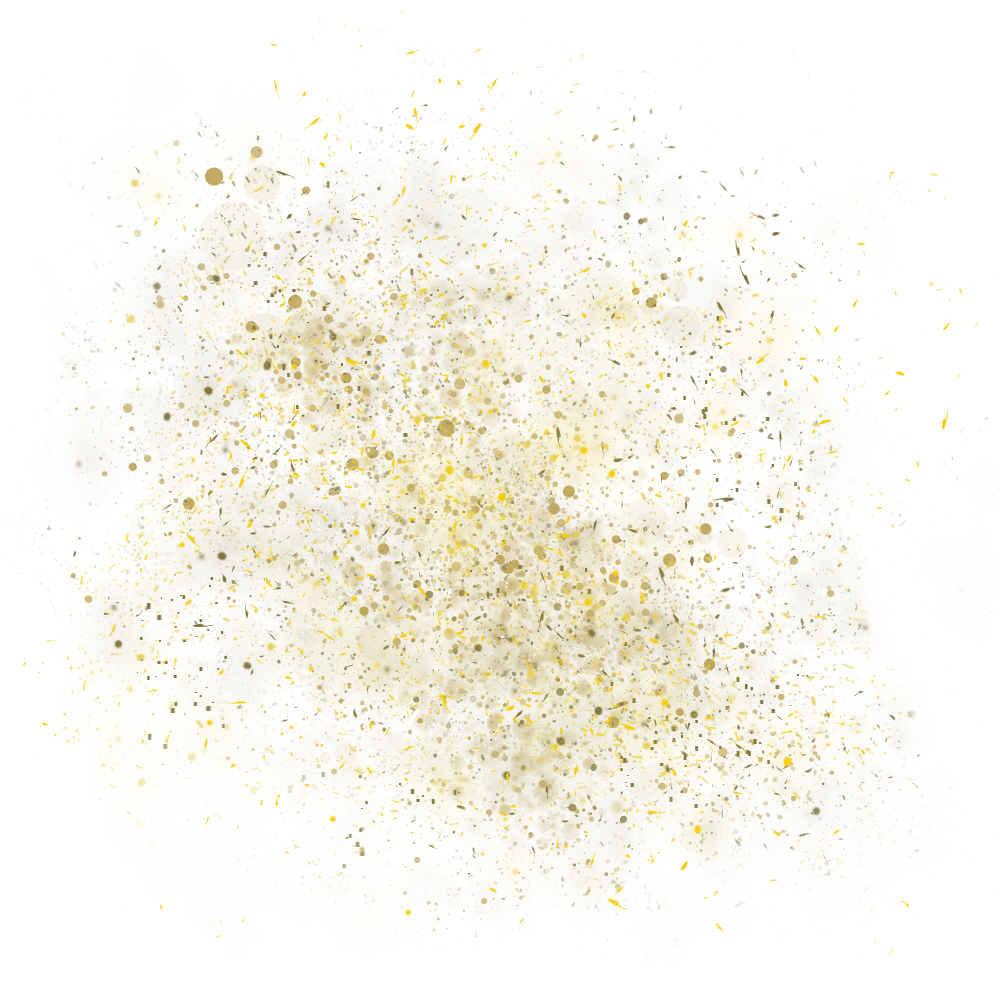






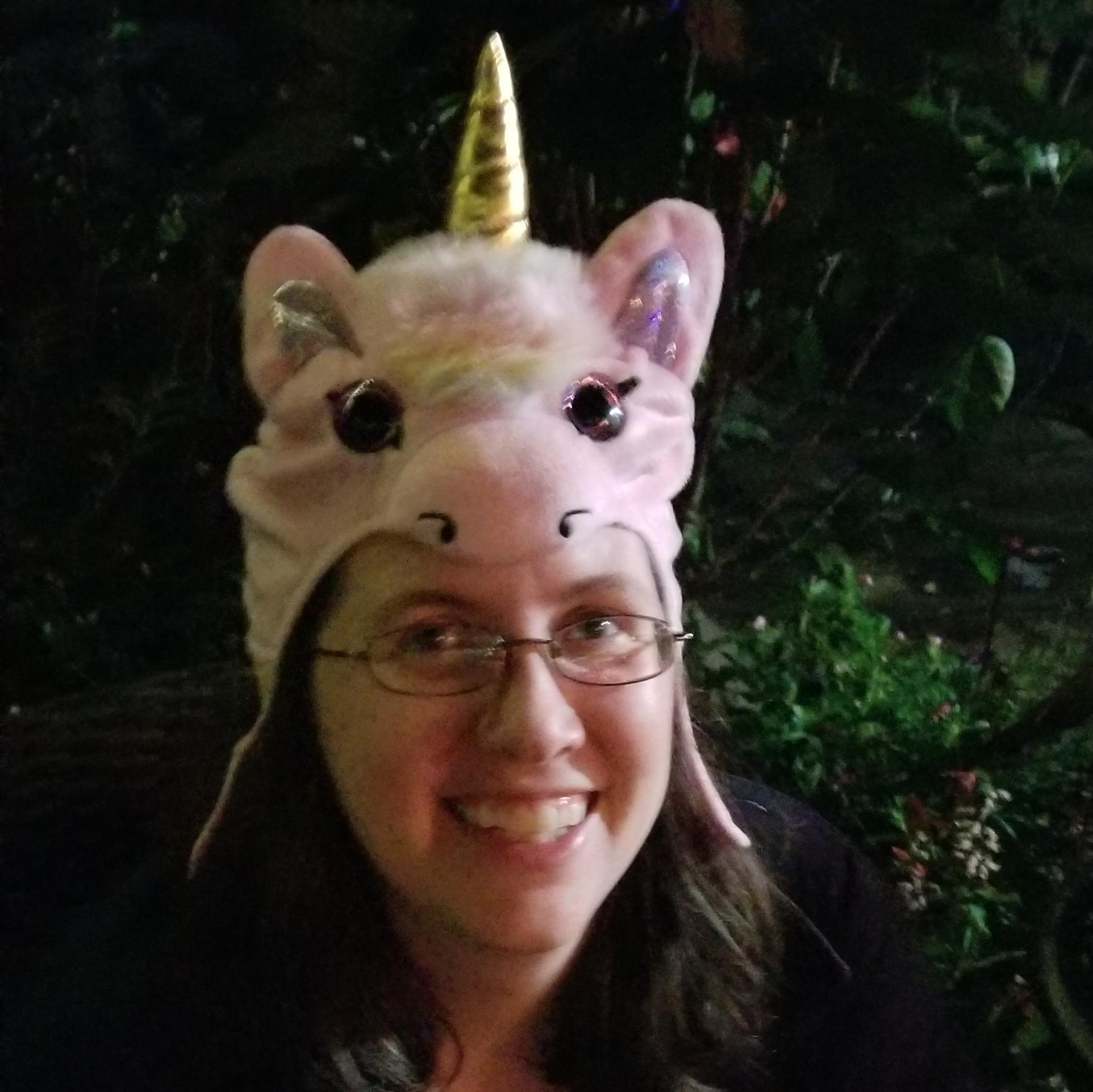
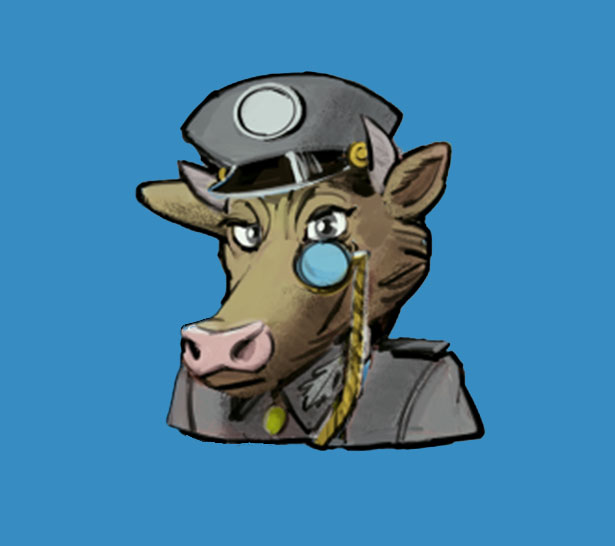

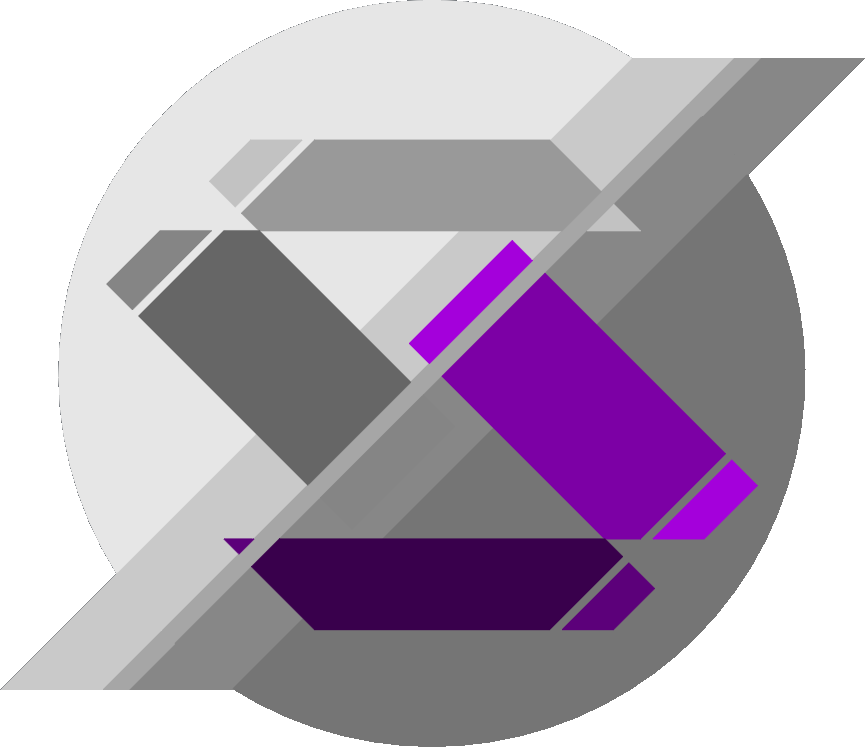



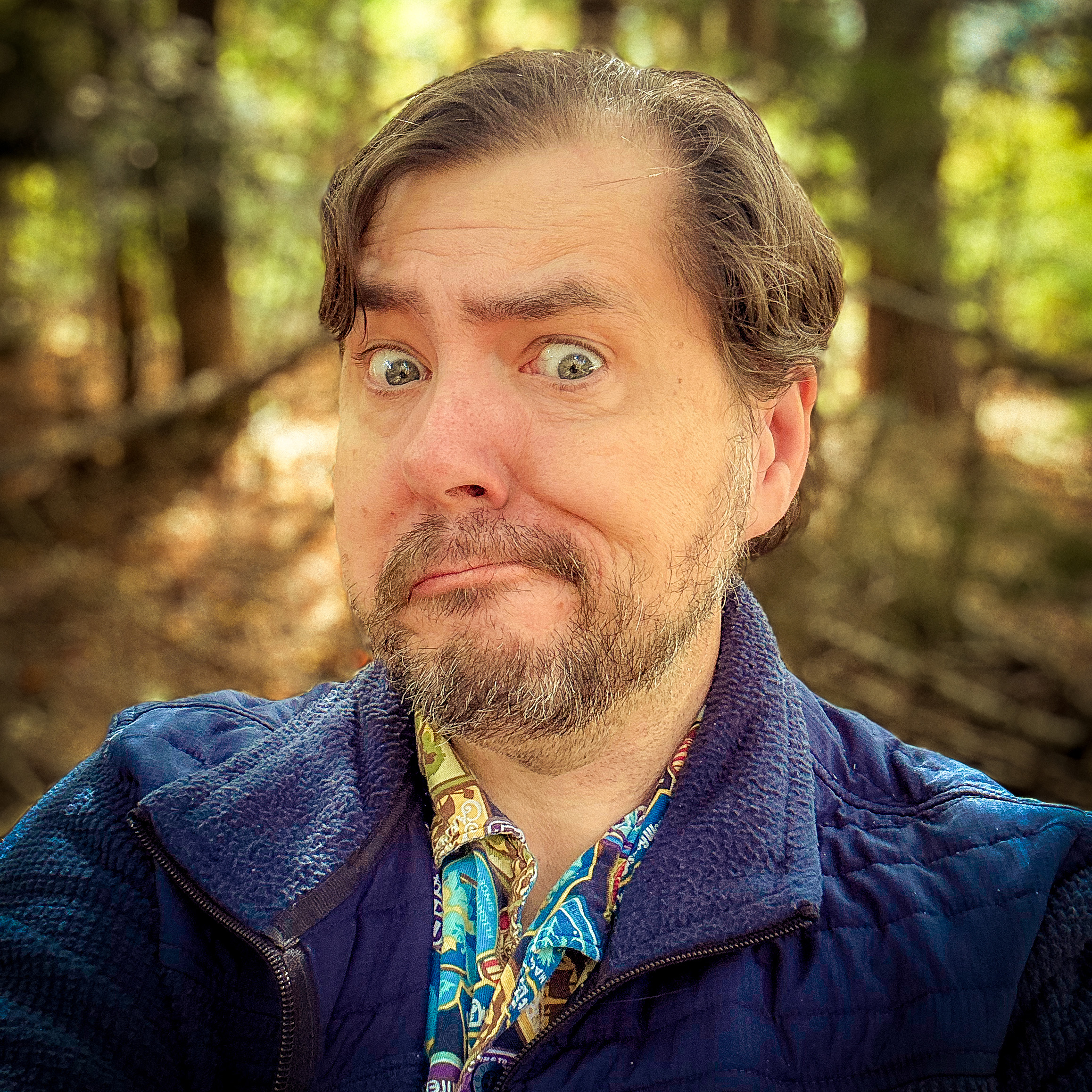


Sounds like Magnus Woolery should have been headed more.
Indeed. Not respected in his lifetime. :( Thanks for reading <3
Explore Etrea